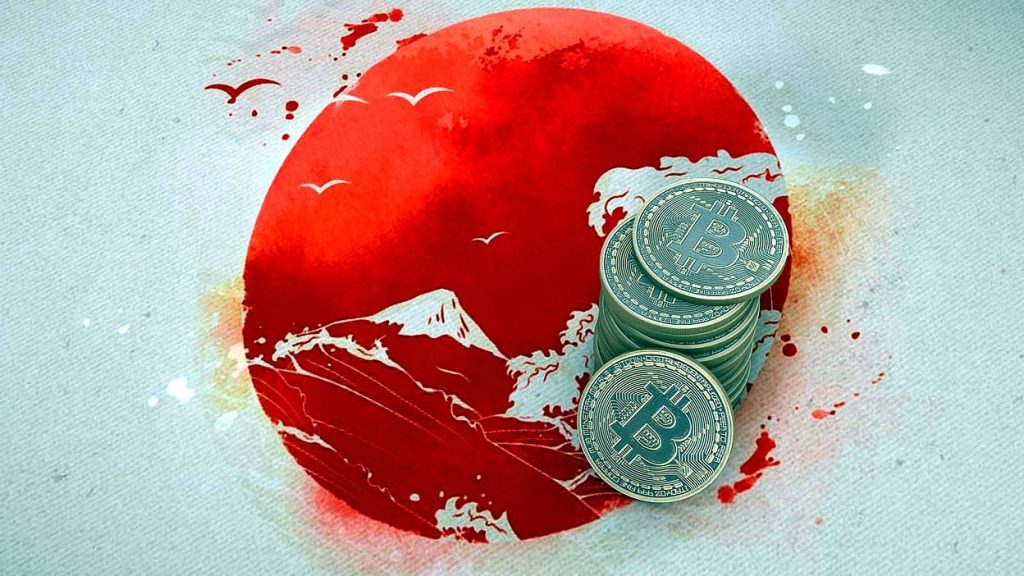Japan to Cut Crypto Tax Rate from 55% to 20%
03.09.2024 19:00 1 min. read Alexander Stefanov
Japan is poised to lower its cryptocurrency tax rate significantly, cutting it from the current 55% to a flat 20%.
This significant change is designed to address concerns from the investment community and simplify the tax process for digital assets.
The Financial Services Agency (FSA) has advocated for this reform, suggesting that cryptocurrencies should be treated as financial assets rather than miscellaneous income. This proposal is part of Japan’s broader strategy to modernize its asset management and taxation systems.
For some time, there has been pressure from both the crypto industry and investors to reform the existing tax structure. The high tax rate has been a major sticking point, with many calling for a reduction to a flat 20% rate, similar to that applied to other investment products.
READ MORE:

Qatar Unveils New Digital Assets Framework
During the Web3 conference “WebX,” Ogura Masanobu, Deputy Secretary-General of the Liberal Democratic Party, discussed the rationale behind this tax shift. He emphasized the need for logical reasoning, precise revenue forecasts, and public backing for the new tax approach, arguing that recognizing crypto as a legitimate investment is essential.
This potential tax adjustment signifies a major shift in Japan’s stance on digital currencies, aiming to create a more favorable investment environment and stimulate growth in the cryptocurrency sector.
-
1
Turkey Targets Crypto Crime With New Withdrawal Delays and Transfer Limits
25.06.2025 11:00 1 min. read -
2
Europe Takes the Lead in Crypto as U.S. Stalls on Regulation
22.06.2025 22:00 2 min. read -
3
Japan Plans Major Crypto Reform with New Tax Rules and ETF Access
24.06.2025 20:00 2 min. read -
4
Gemini Launches Tokenized MicroStrategy Stock for EU Users
28.06.2025 9:30 2 min. read -
5
U.S. Crypto Investors Hit by IRS Letter Surge as Tax Crackdown Looms
29.06.2025 11:00 3 min. read
EU Grants MiCA Licenses to 53 Crypto Firms: Here Is the Full List
The European Union has granted a total of 53 licenses under its MiCA (Markets in Crypto-Assets) regulatory framework, marking a major step toward harmonized crypto oversight across the region.
Here is When the U.S. House Will Vote on Key Crypto Bills
Following the passage of President Donald Trump’s sweeping tax and spending bill, House Republicans are now setting the stage for a major push on cryptocurrency legislation.
SEC Chairman With Important Comments on Regulation, Crypto, and Trading
U.S. Securities and Exchange Commission (SEC) Chairman Paul Atkins has emphasized the agency’s continued focus on investor protection, addressing insider trading, market manipulation, and the evolving landscape of cryptocurrency regulation.
Arizona Governor Vetoes Bill, Related to State Crypto Reserve Fund: Here Is Why
Arizona Governor Katie Hobbs has officially vetoed House Bill 2324, a legislative proposal that aimed to create a state-managed reserve fund for holding seized cryptocurrency assets.
-
1
Turkey Targets Crypto Crime With New Withdrawal Delays and Transfer Limits
25.06.2025 11:00 1 min. read -
2
Europe Takes the Lead in Crypto as U.S. Stalls on Regulation
22.06.2025 22:00 2 min. read -
3
Japan Plans Major Crypto Reform with New Tax Rules and ETF Access
24.06.2025 20:00 2 min. read -
4
Gemini Launches Tokenized MicroStrategy Stock for EU Users
28.06.2025 9:30 2 min. read -
5
U.S. Crypto Investors Hit by IRS Letter Surge as Tax Crackdown Looms
29.06.2025 11:00 3 min. read

